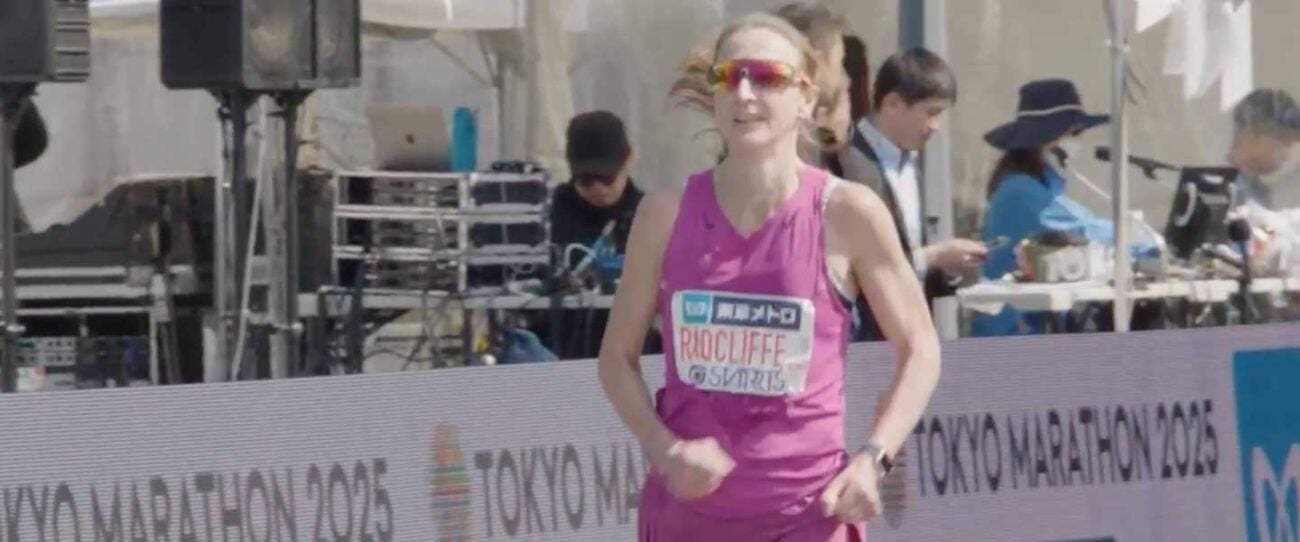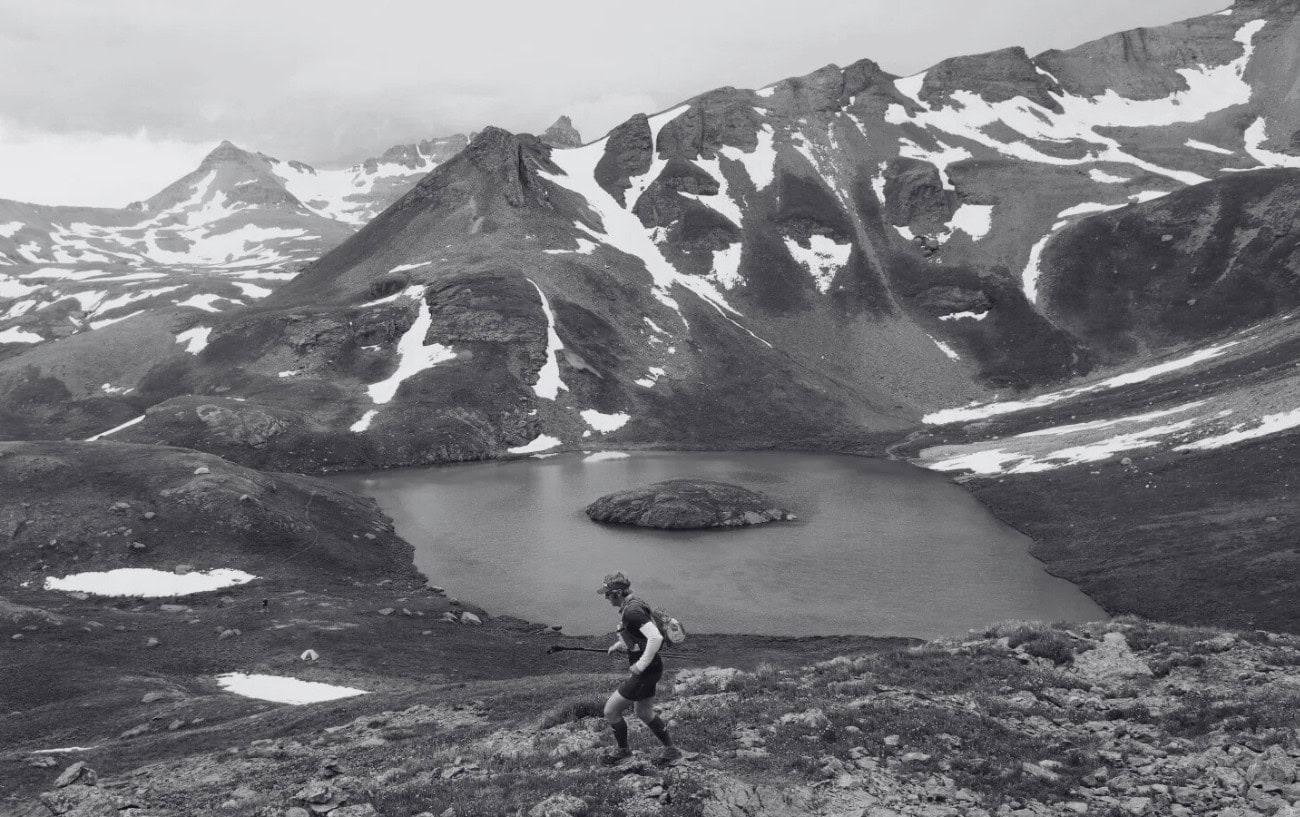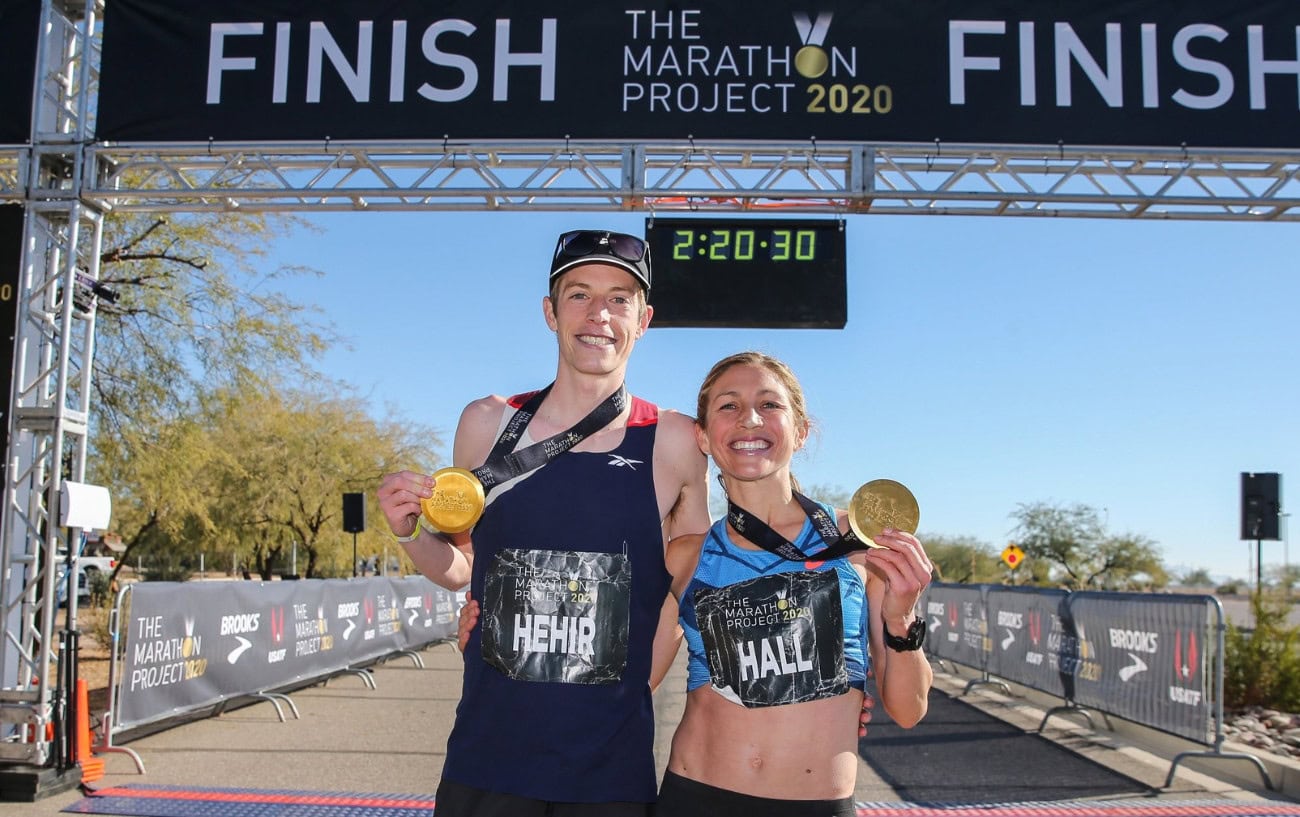Next Monday, Boston will welcome back one of the most iconic names in distance running—for the very first time.
Yes, you read that right. Paula Radcliffe, the woman who once redefined the limits of the marathon, is finally running Boston. At 51 years old. A full decade after she retired.
And if that already feels like a mic-drop moment, consider this: she’s fresh off the Tokyo Marathon, where she ran 2:57:22 in her first competitive marathon since 2015—and needed a wheelchair afterward.

A Legend with Unfinished Business
For runners, Paula Radcliffe’s name carries weight.
She’s not just “a former world record holder.” She’s the marathoner who ran 2:15:25 at the 2003 London Marathon—a time so fast, it didn’t even seem real at the time.
It stood for 16 years and still hasn’t been touched by another British woman.
She won London three times. New York three times. Chicago. Multiple world titles in cross country. A half marathon world record.
She basically ruled the early 2000s with a head-bobbing stride and the kind of guts you don’t see often in elite sport.
But Boston? Never.
It was always too close to London, she explained recently on Paula’s Marathon Run Club, the podcast she co-hosts with fellow Brit Chris Thompson. “For most of my career, there were only five majors,” she said. “Tokyo was added later, and Boston just never lined up.”
Now, with her sights set on the coveted Six Star medal—the one given to runners who finish all six Abbott World Marathon Majors—she’s filling in the gaps.
And finishing something she started decades ago.

Tokyo: A Brutal, Beautiful Return
Radcliffe lined up in Tokyo back in March, ten years after her final farewell race in London.
It was all supposed to be “see how it goes” kind of stuff. A re-entry. A statement that she could still lace up and get it done.
But, well… she was told before the race she was the fastest woman in the field. And that little competitive voice kicked in.
“I wish I’d gone off a little bit steadier,” she said with a laugh on her podcast. “Things went pear-shaped.”
By the last 10K, she was limping. After she finished, she couldn’t walk. Literally. She had to Uber back to the hotel—on one good leg—and then use a wheelchair to get to her room.
Not exactly the glamorous return she imagined. But if you know anything about Radcliffe, you know this is how she’s always operated: go hard, deal with the pain later.
And even in a wheelchair, she had a smile on her face.

So… Why Boston?
Boston is a different beast.
It’s not a time trial kind of race—it chews people up, then asks if they want another bite. There’s no pacers, no flat stretches for coasting, no room for error.
Radcliffe, who once avoided it to chase records on faster courses, is now running it to soak in the experience.
“I’m not sure what I’ll aim for yet,” she said earlier this year. But folks have speculated she could challenge the British W50+ Masters record of 2:47:44.
That might be a tall order after Tokyo’s battle scars, but anyone who’s followed her career knows not to count her out.
And she’s not just doing this for herself. The next weekend, she’ll be in London cheering on her daughter Isla, who’s running her first marathon for Children with Cancer UK—an organization that supported their family after Isla’s cancer diagnosis at 13.
It’s a full-circle moment. From the woman who once ruled the roads, to the mother supporting the next generation at the finish line.
In interviews, Radcliffe’s been honest about how different running feels now. She’s navigating perimenopause, muscle recovery takes longer, and—like many midlife athletes—she’s juggling far more than splits and workouts.
But she also says that makes finishing a race even sweeter.
“It’s very different,” she told BBC Radio 5 Live. “It’s no longer my career—but that makes the achievement when you cross that finish line a little bit sweeter.”












